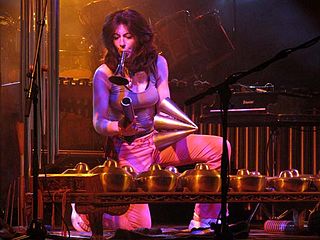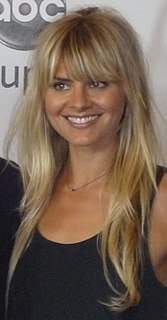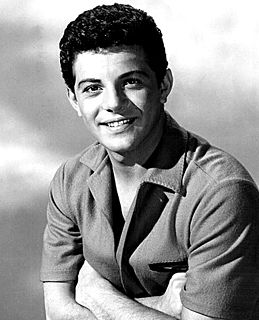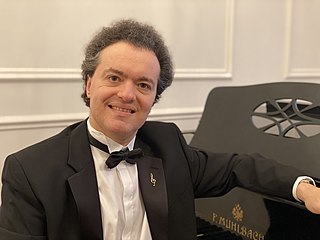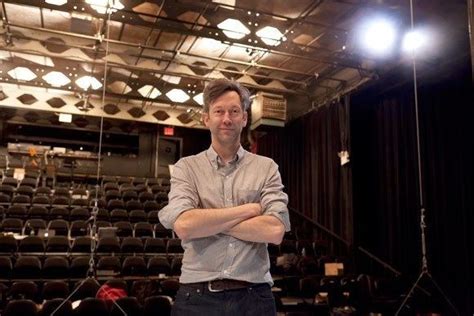A Quote by Stephen Hough
I love listening to things like those wonderful piano pieces of Stockhausen. It's just not my thing as a composer or performer, and thank goodness we're not obliged to be Modernist any more.
Related Quotes
In India, I have been called a 'destroyer.' But that is only because they mixed my identity as a performer and as a composer. As a composer I have tried everything, even electronic music and avant-garde. But as a performer I am, believe me, getting more classical and more orthodox, jealously protecting the heritage that I have learned.
God is goodness itself, in whom all goodness is involved. If therefore we love other things for the goodness which we see in them, why do we not love God, in whom is all goodness? All other things are but sparks of that fire, and drops of that sea. If you see any good in the creature, remember there is much more in the Creator. Leave therefore the streams, and go to the fountainhead of comfort.
When I'm writing a play I hear it like music. I use the same indications that a composer does for duration. There's a difference, I tell my students, between a semi-colon and a period. A difference in duration. And we have all these wonderful things, we use commas and underlining and all the wonderful punctuation things we can use in the same way a composer uses them in music. And we can indicate, as specifically as a composer, the way we want our piece to sound.
As a kid, I took piano lessons, and I didn't like it. It wasn't cool. I was into Duran Duran and rock music. I didn't have any interest in piano. I did it for three years, and because of piano, I learned percussion. I learned scales. I learned how to sing. Piano gives you all of the basics of those things.
A few years ago, I had an interest in making things that felt more like "pieces." That was when I was making a lot of stuff that you could call beats, and it dawned on me that I could say much more nuanced, precise things if I tried to make them more composed. It sounds a bit corny, but I do love the idea that something can make you forget that you're listening and just transport you to somewhere else in your head.
Most of the time, I'll be conducting the orchestra, but there will be some pieces that I'll be playing an instrument as well, just because I love playing. There's pieces where I want to grab an instrument and play with the rest of the group, like 'The Light of the Seven,' for example; I would love to play the piano for that.
The principal feature of American liberalism is sanctimoniousness. By loudly denouncing all bad things — war and hunger and date rape — liberals testify to their own terrific goodness. More important, they promote themselves to membership in a self-selecting elite of those who care deeply about such things.... It's a kind of natural aristocracy, and the wonderful thing about this aristocracy is that you don't have to be brave, smart, strong or even lucky to join it, you just have to be liberal.
If you're looking for like, a pure base for your behavior on stage, maybe it's better to say, "Yeah, you're not obliged to pretend. But, you're also obliged to not pretend." So you have access to both sides, if you will. It's never a pure binary thing, but you can pretend. If you have total agency as a performer, then both are at your disposal.






